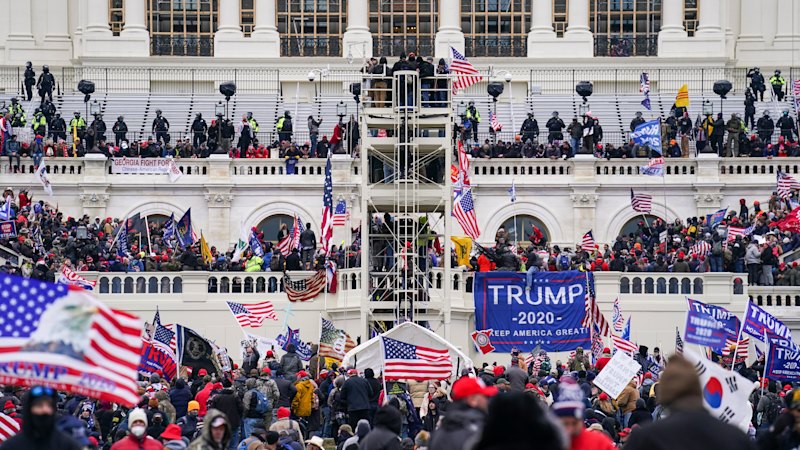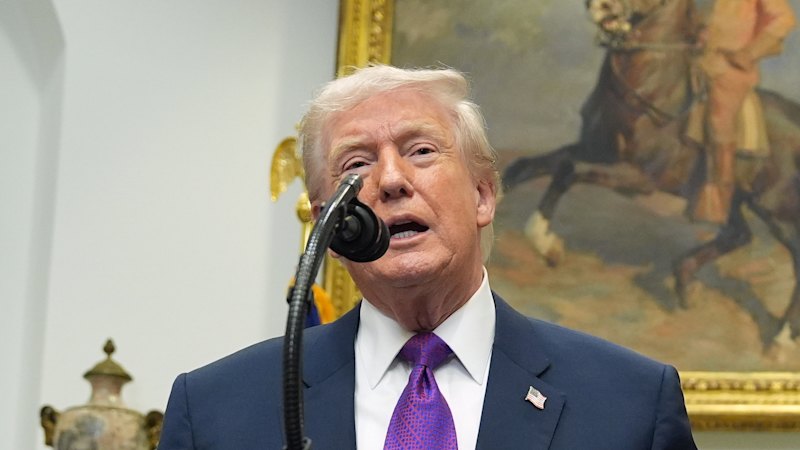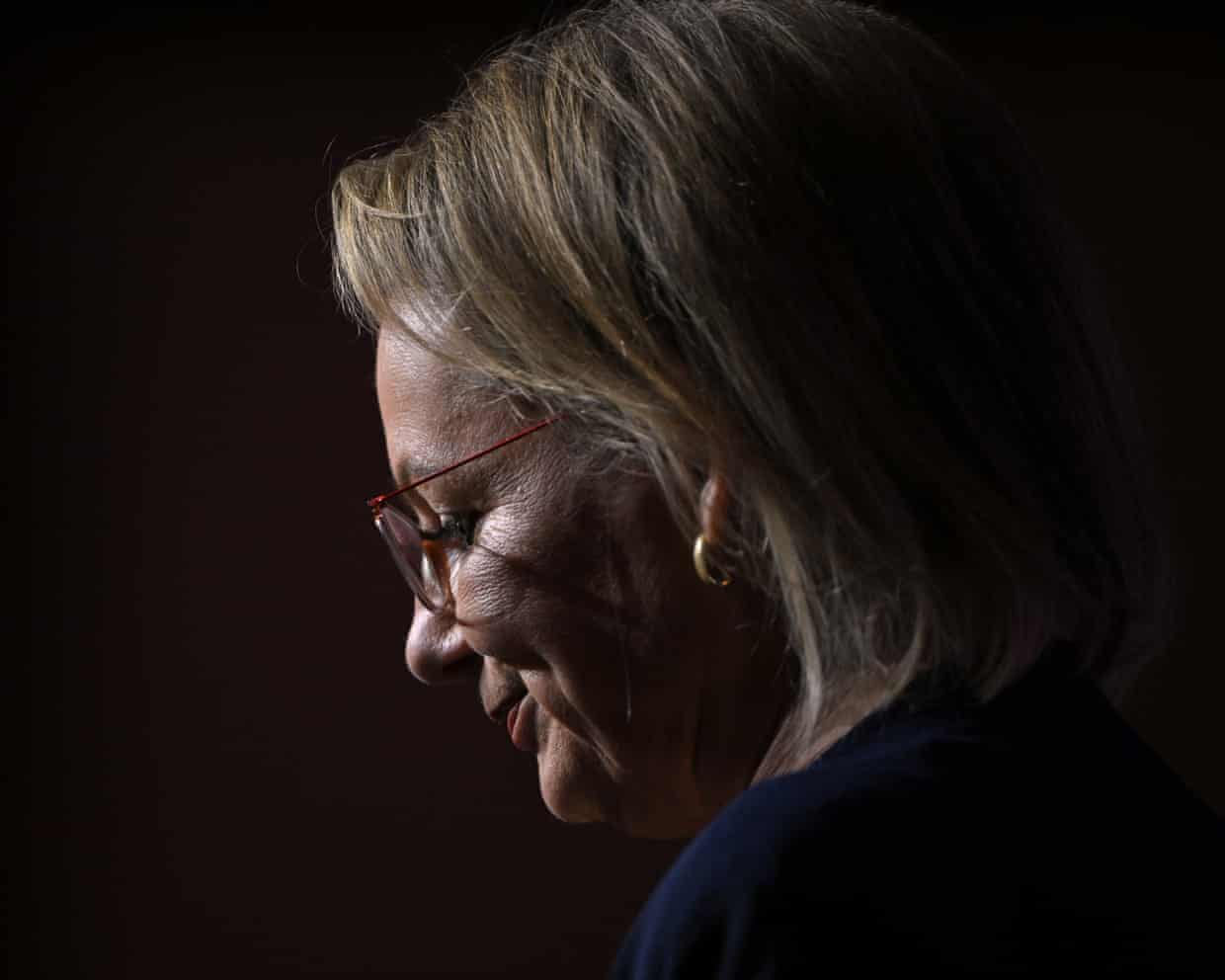
President Donald Trump has issued pardons to several of his allies, including former chief of staff Mark Meadows and prominent attorneys Rudy Giuliani, Sidney Powell, and John Eastman, all of whom were involved in efforts to overturn the results of the 2020 presidential election. The announcement was made public through a social media post by Ed Martin, the government’s pardon attorney, who shared a signed proclamation detailing the “full, complete, and unconditional” nature of the pardons.
The pardons, announced late on a Sunday, do not extend to Trump himself, as specified in the proclamation. It is important to note that presidential pardons apply only to federal offenses. None of the individuals named in this proclamation face federal charges in connection with the 2020 election. This decision highlights Trump’s ongoing attempts to reshape the narrative surrounding his electoral defeat to Joe Biden, and follows his earlier pardons granted to numerous supporters involved in the January 6, 2021, Capitol riot.
Pardons Amid Ongoing Legal Challenges
The proclamation characterized the prosecution of those supporting Trump’s attempts to maintain power as a “grave national injustice perpetrated on the American people.” The pardons are framed as part of a broader effort towards “national reconciliation.” The White House did not respond to requests for comment regarding the pardons on the following Monday.
Included in the list of pardoned individuals are Republicans who falsely acted as electors for Trump in 2020. These individuals faced state charges for submitting invalid certificates asserting they were legitimate electors, despite Biden’s clear victory in those states.
While Trump himself was indicted on felony charges related to efforts to overturn the 2020 election results, the case led by Jack Smith, a special counsel for the Justice Department, was dropped in November after Trump’s victory over Kamala Harris. This decision aligned with the department’s policy against prosecuting sitting presidents.
Legal actions against Giuliani, Meadows, and others named in the proclamation had been initiated by state prosecutors concerning the 2020 election. However, many of these cases have either stalled or faced significant setbacks. For instance, a judge dismissed a case in Michigan involving 15 Republicans accused of attempting to certify Trump as the winner in that battleground state.
As the political landscape continues to evolve, the implications of these pardons may resonate beyond immediate legal ramifications, potentially shaping the narrative of Trump’s presidency and the broader discourse surrounding electoral integrity in the United States.






